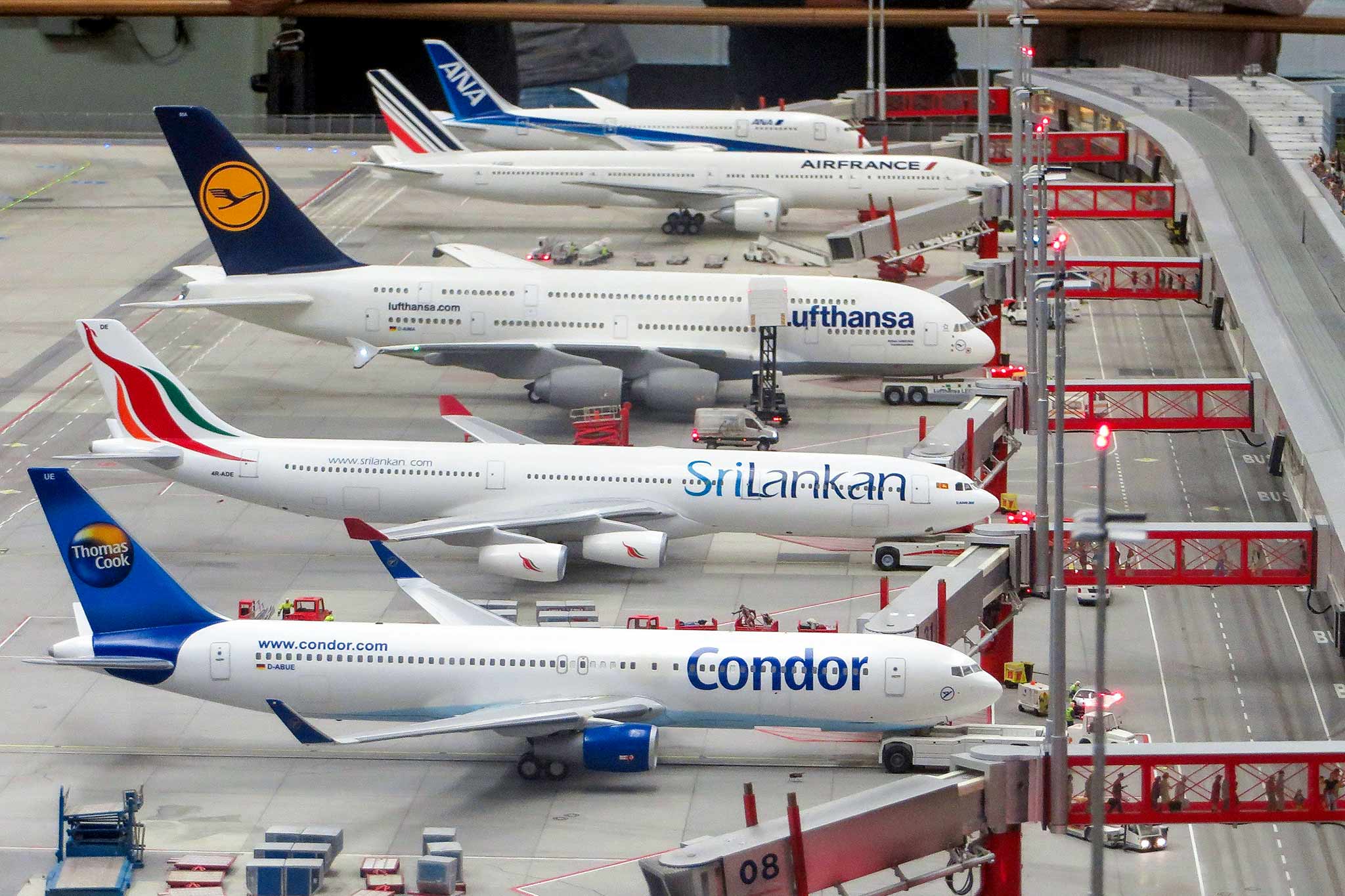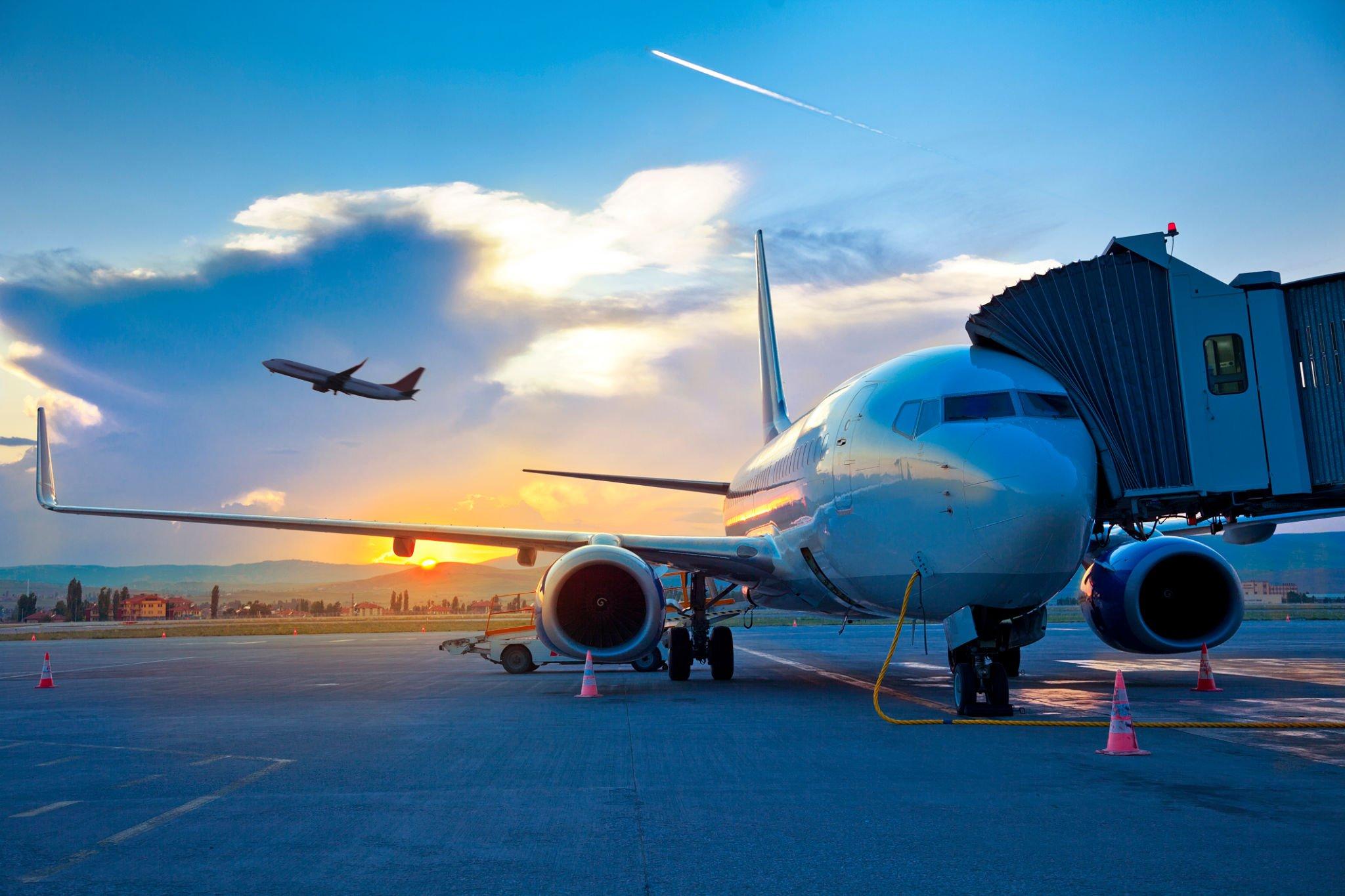

In recent news, an American Airlines pilot reported seeing a “long, cylindrical object” fly over the top of the airplane on Flight 2292 on February 21, 2021. Air traffic controllers, however, reported that they did not see any object on their radar. When safety-related incidents such as these occur on modern aircrafts, airlines rely on a decades-old concept of cockpit voice recordings and aircraft flying parameters. This program, known as Flight Operations Quality Assurance (FOQA), helps with aircraft optimization. Airlines download this recorded data and compare the flying parameters against a company standard to detect procedure deviations and risky flying maneuvers.
Pilots know that this computer is unbiased when comparing their actual flying maneuvers to the company standards. FOQA has consistently improved safety, reduced aircraft damages, and reduced fuel consumption.
However, when it comes to inefficiencies in ground operations, airlines can work to create a similarly effective solution by adding modern artificial intelligence to their operations.
How Does Artificial Intelligence Compare to FOQA?
The objective of a FOQA program is to take a proactive approach to safety and efficiency. Many airlines have switched from using this data solely to investigate accidents — they also use this program to identify, reduce, and eliminate risks in flight operations and air traffic control (ATC).
The data can enhance training and procedures in operational, maintenance, engineering, and ATC departments.
In a similar vein, artificial intelligence works towards the same goals. AI can help airlines catch mistakes that cause delays before they happen, working towards the increased efficiency of ground operations.
Over the years, the on-time performance of U.S. airlines has not made major improvements. While the upgraded Air Navigation System can now manage more traffic effectively, it is no longer the primary cause of airline delays.
Airlines rely on padded schedules to meet on-time performance goals and often explain that a congested airspace stands in the way of improvement. In 2020, after airlines cut capacity roughly by half, air navigation delays went down by 49%, which helped in reducing arrival delays by 74%.
However, airline-controlled delays went down only 32%. An uncongested air space allows the airlines to make up for their delays in the air but this data also uncovers how padded schedules may be.
If airlines take a methodical approach to reducing inefficiencies just like they do with safety, they can see a sizable reduction in controllable delays.
Request a Demo and See Our AI in Action
An aircraft does not generate revenue on the ground — padding block times steals from the bottom line by preventing carriers from flying more efficient schedules. By approaching ground operations in a similar way that FOQA approaches flight operations, airlines can really start to see progressive improvement in dependability.
Synaptic Aviation can provide airlines with unmatched operational visibility and allow them to eliminate inefficiencies by providing meaningful data to help with decision making.
Ready to test our AI? Let Synaptic Aviation show you how simple and effective it can be to implement. Request a demo today at www.synapticaviation.com or contact us at 844-505-4496.

Learn more, request a demo
Get Demo
 Recent Posts
Recent Posts 

Commercial Aviation Accidents Are at an All-Time Low, So Why are Airport Ramp Accidents Not Improving?
It is extremely rare these days to hear news about fatal commercial aviation accidents. Despite zero fatal accidents in 2023 compared to twelve in 1980, the yearly number of flights has more than quadrupled.
By Synaptic Aviation April 13, 2024
